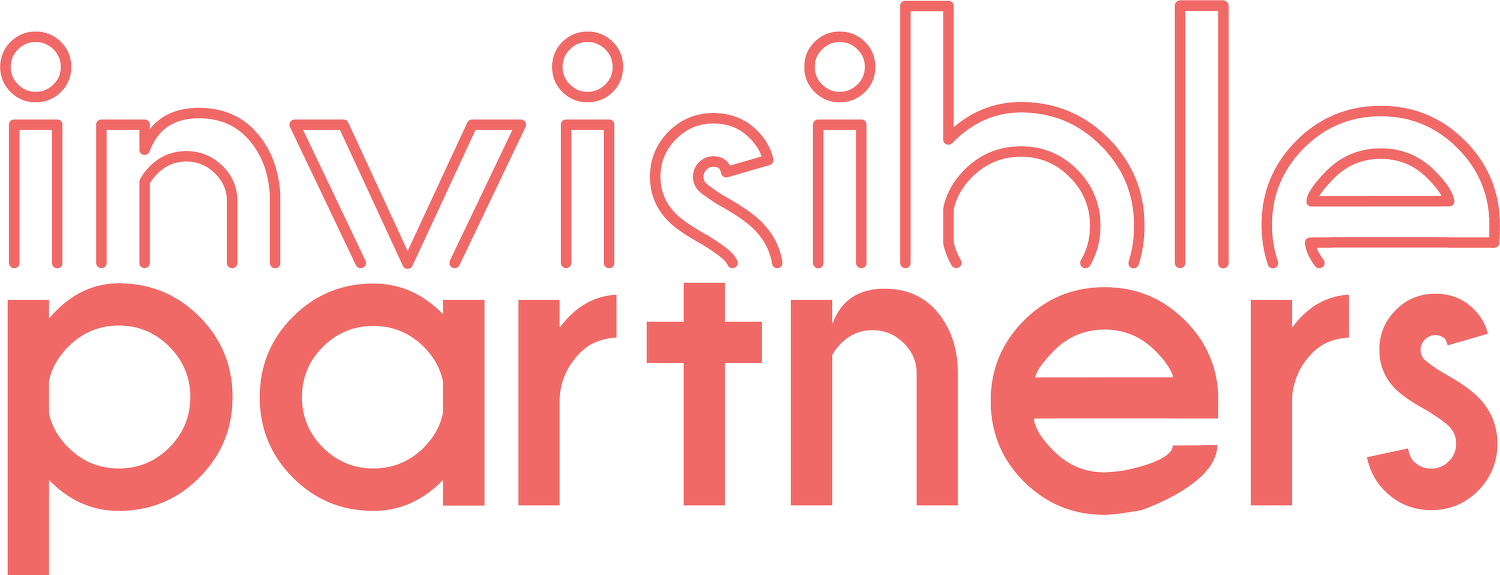Hiring Trends for 2022
Covid has changed the game for good.
Image: Unsplash
The rollercoaster ride that was 2020
When we cast our minds back to the early, tumultuous days of the pandemic, it’s not surprising that we bunkered down and went into survival mode. Hiring activity vanished faster than toilet paper flew off supermarket shelves.
In those ‘unprecedented’ and ‘uncertain’ times, all our future plans came to a screeching halt. We became mentally drained from the emotional rollercoaster we were on, and the thought of making any big life changes was too much to bear. Many Australians struggled with simply holding onto any employment they could, let alone changing jobs or careers.
In a very short space of time, thousands were let go or stood down and business stopped hiring.
A new norm
Lucky for many, JobKeeper was announced, and we saw many businesses relax into the new norm. Those who sought a better ‘work / life balance’, got it in spades (however anyone with school-aged kids would probably agree the word ‘balance’ is a gross misnomer).
Regardless of how it affected us individually, Covid lifted the veil on what’s possible for the future of work for everyone. We can balance life demands with work, and in fact, people and businesses alike greatly benefit from the results.
However, on a hiring front, we’re still dealing with shell shocked employees, not wanting to inject even more uncertainty into their lives.
“Right now (Sep ‘21) it’s better the devil you know, but as restrictions start lifting and life becomes more predictable, people will start resigning in droves.”
‘The Great Resignation’ is coming
The Great Resignation has been a hot topic on the iP Slack channel, HR forums and industry grapevines. The discussion has gained noticeable momentum, recently even earning itself a Wiki page (#madeit).
Just as it declares, The Great Resignation is a term coined for the predicted mass exodus from current roles which is set to happen when Australia has crossed the line in the sand towards Covid normal.
Judging by what our own Talent Partners are seeing in the field, The Great Resignation is imminent. They’ve been witness to the pressure building from people sticking with unideal roles, biding their time, for when it’s safe to come out of our caves.
Fuelled by flexibility
The reason for the movement? Lifestyles, values, and priorities have changed. Opportunities that were once seen as perks, like flexi-time and WFH (or the beach), are now not just expected, but they are the top motivators of Australian workers. (source: Gartner Global Talent Monitor 4Q20)
Image: Unsplash
“WFH roles are absolutely here to stay. People will vote with their feet when it comes to maintaining the level of flexibility that pandemic life has given them. Organisations that try to go back to “normal” will have a fight on their hands.”
Those that strive to thrive
Employers need to get their value proposition razor sharp, so they are ready for what lies ahead. Businesses that suit the ‘future employee’ are the ones that will prosper through The Great Resignation. They’ll retain valued employees, and get the pick of the best talent Australia has to offer.
Candidates will be looking for:
1. Job Security
Job security is more important than ever. Candidates want to know how companies handled covid and any redundancies made to ensure they're moving to a secure, respectful organisation.
2. Flexibility
Flexibility, on employees' terms, is a major priority for candidates right now.
3. Remote Work
Companies that have been able to recognise the value of remote work will find their talent pools are much larger than others.
4. Culture
Organisations are now often depicted by how people were treated during the pandemic. Those that worked hard to adapt are more attractive to candidates. How businesses foster company culture in a hyrbrid or remote setting is one of the top ticket items.
5. A Personalised Approach
With such high candidate volumes, hiring systems and processes need to be speedy, yet relevant and personalised. As soon as there’s a hint of being just ‘another number’, or if the process is just taking too long, candidates will move onto other opportunities.
6. Respect
This really summarises it all. A company that respects its employees is going to find all of the previous areas mentioned are prioritised, and continually attended to.
“We’ll find ourselves in a market where people will be open to switching to organisations who can offer more than just salary”
We’ll need to wait and agen-see
Personally for us here at Invisible Partners, we’ll be keeping a close eye on the Recruitment Agency model, as it relates to The Great Resignation (particularly as our offering is the antithesis of that model). With notoriously high placement fees and commissions, Agency’s may render themselves unusable for high volume vacancy engagements.
Crushing the Employer Brand challenge is an enormous factor in determining which final destination talent chooses to say yes to. Yet another reason why it’s questionable to outsource the opportunity to communicate your employer proposition by handing over the reins to an agency who will likely build their own, not the employers.
“It’s crucial for recruiters to bring meaning to talent data, finesse employer branding and fine-tune the virtual hiring experience.”
We’re here for it!
We’re grateful that we’ve not just survived the rollercoaster, but have thrived through it (undoubtedly with more grey hairs and covid kilos). What started out as trepidation last year has decidedly transitioned into a buzz of excitement amongst the Invisible Partners community for what lies ahead.
Are you ready?



